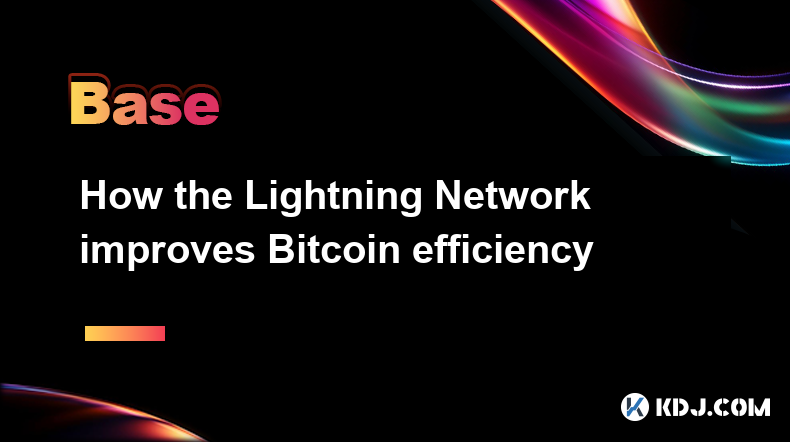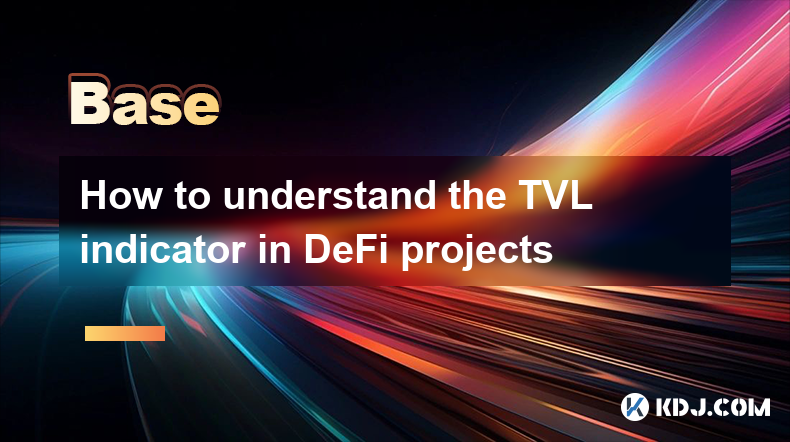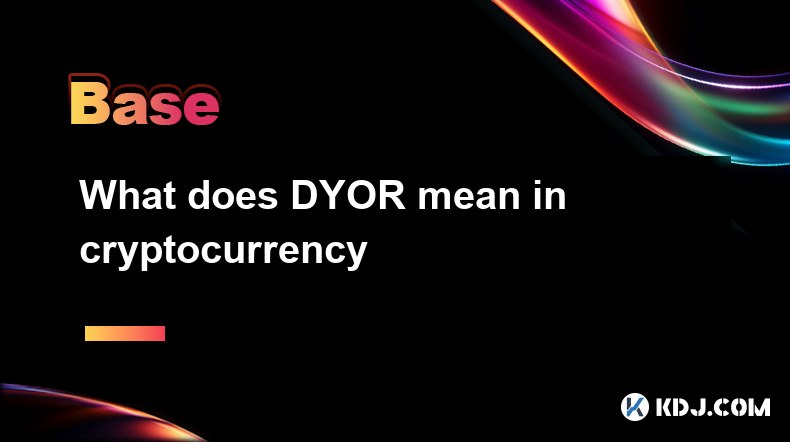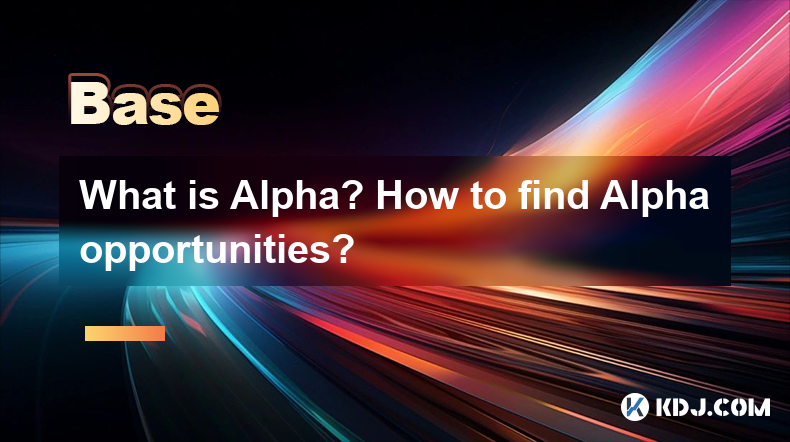-
 Bitcoin
Bitcoin $84,717.5853
-0.03% -
 Ethereum
Ethereum $1,580.4759
-1.22% -
 Tether USDt
Tether USDt $1.0000
0.01% -
 XRP
XRP $2.0663
-1.43% -
 BNB
BNB $589.0295
1.02% -
 Solana
Solana $134.5129
0.11% -
 USDC
USDC $0.9999
0.01% -
 TRON
TRON $0.2452
-0.11% -
 Dogecoin
Dogecoin $0.1548
-1.42% -
 Cardano
Cardano $0.6149
-1.10% -
 UNUS SED LEO
UNUS SED LEO $9.1861
-2.75% -
 Chainlink
Chainlink $12.6420
0.18% -
 Avalanche
Avalanche $19.0536
-1.74% -
 Toncoin
Toncoin $2.9784
0.67% -
 Stellar
Stellar $0.2416
1.24% -
 Hedera
Hedera $0.1659
3.30% -
 Shiba Inu
Shiba Inu $0.0...01187
-1.03% -
 Sui
Sui $2.1123
0.31% -
 Bitcoin Cash
Bitcoin Cash $331.0669
-0.93% -
 Polkadot
Polkadot $3.6696
-0.53% -
 Hyperliquid
Hyperliquid $17.1236
4.55% -
 Litecoin
Litecoin $75.1898
-0.37% -
 Dai
Dai $1.0000
-0.02% -
 Bitget Token
Bitget Token $4.3755
-0.01% -
 Ethena USDe
Ethena USDe $0.9992
0.00% -
 Pi
Pi $0.6070
-0.79% -
 Monero
Monero $216.4426
-0.77% -
 Uniswap
Uniswap $5.1827
-1.63% -
 OKB
OKB $50.2623
-2.00% -
 Pepe
Pepe $0.0...07095
-3.35%
What are DEX and CEX? What are the advantages of decentralized exchanges?
DEXs offer increased security, privacy, and lower fees than CEXs, but may have lower liquidity and a less user-friendly interface.
Apr 14, 2025 at 01:14 pm

In the world of cryptocurrency, exchanges play a crucial role in facilitating the trading of digital assets. There are two primary types of exchanges: Decentralized Exchanges (DEX) and Centralized Exchanges (CEX). Understanding the differences between these two types of exchanges, as well as the advantages of decentralized exchanges, is essential for any crypto enthusiast.
What is a Centralized Exchange (CEX)?
A Centralized Exchange (CEX) is a platform operated by a single entity that acts as an intermediary between buyers and sellers. These exchanges are similar to traditional stock exchanges, where users deposit their funds into the exchange's wallets, and the exchange manages the order books and executes trades. Some of the most well-known CEXs include Binance, Coinbase, and Kraken.
CEXs offer several advantages, such as high liquidity, user-friendly interfaces, and customer support. However, they also come with certain risks, including the potential for hacks and the need to trust the exchange with your funds. Additionally, CEXs often require users to go through a Know Your Customer (KYC) process, which can be a privacy concern for some.
What is a Decentralized Exchange (DEX)?
In contrast, a Decentralized Exchange (DEX) operates without a central authority. Instead, DEXs use smart contracts on blockchain networks to facilitate peer-to-peer trading directly between users. This means that users maintain control over their private keys and funds at all times, reducing the risk of hacks and theft.
DEXs are built on various blockchain platforms, such as Ethereum, Binance Smart Chain, and Solana. Some popular DEXs include Uniswap, SushiSwap, and PancakeSwap. These platforms often use Automated Market Maker (AMM) protocols, which allow users to trade against liquidity pools rather than traditional order books.
Advantages of Decentralized Exchanges
Decentralized exchanges offer several advantages over their centralized counterparts:
Increased Security: Since DEXs do not hold user funds, the risk of hacks and theft is significantly reduced. Users maintain control over their private keys and can withdraw their funds at any time.
Greater Privacy: DEXs typically do not require users to go through a KYC process, allowing for more anonymous trading. This is particularly appealing to users who value their privacy and want to avoid sharing personal information with centralized entities.
Censorship Resistance: DEXs are built on decentralized networks, making them more resistant to censorship and government intervention. This means that users can trade freely without fear of their transactions being blocked or restricted.
Access to a Wider Range of Tokens: DEXs often support a broader range of tokens than CEXs, including newly launched projects and less liquid assets. This allows users to access a more diverse set of investment opportunities.
Lower Fees: DEXs typically have lower trading fees compared to CEXs, as they do not have the same overhead costs associated with running a centralized platform. Additionally, users can often provide liquidity to the platform and earn a portion of the trading fees.
How to Use a Decentralized Exchange
Using a DEX can be slightly more complex than using a CEX, but the process is still relatively straightforward. Here's a step-by-step guide on how to use a DEX:
Connect Your Wallet: Most DEXs require you to connect a compatible cryptocurrency wallet, such as MetaMask or Trust Wallet. This allows you to interact with the DEX's smart contracts directly from your wallet.
Add Liquidity (Optional): If you want to earn passive income, you can add liquidity to the DEX's liquidity pools. This involves depositing an equal value of two tokens into the pool, which helps facilitate trades and earns you a portion of the trading fees.
Swap Tokens: To trade on a DEX, simply select the token you want to swap from and the token you want to receive. Enter the amount you wish to trade, review the transaction details, and confirm the swap. The DEX's smart contract will execute the trade, and the tokens will be sent directly to your wallet.
Withdraw Your Funds: At any time, you can withdraw your funds from the DEX by sending them back to your personal wallet. This process is typically instant and does not require any approval from the DEX.
Examples of Decentralized Exchanges
There are numerous DEXs available, each with its own unique features and supported blockchains. Here are a few examples:
Uniswap: Built on the Ethereum blockchain, Uniswap is one of the most popular DEXs. It uses an AMM protocol and supports a wide range of ERC-20 tokens.
SushiSwap: A fork of Uniswap, SushiSwap offers similar functionality but with additional features like yield farming and staking.
PancakeSwap: Operating on the Binance Smart Chain, PancakeSwap is known for its low fees and fast transaction times. It supports BEP-20 tokens and offers various DeFi features.
Raydium: Built on the Solana blockchain, Raydium combines the benefits of AMMs and order books for improved liquidity and trading efficiency.
Considerations When Using DEXs
While DEXs offer many advantages, there are also some considerations to keep in mind:
Liquidity: DEXs may have lower liquidity compared to CEXs, which can result in higher slippage and less favorable trading prices, especially for less popular tokens.
User Experience: The user interface and experience of DEXs can vary widely, and some may be less user-friendly than CEXs, particularly for beginners.
Smart Contract Risks: Since DEXs rely on smart contracts, there is always a risk of bugs or vulnerabilities in the code. It's essential to research the DEX and its smart contracts thoroughly before using them.
Network Fees: Depending on the blockchain the DEX is built on, network fees for transactions can be high, especially during periods of congestion.
Frequently Asked Questions
Q: Can I trade fiat currency on a DEX?
A: Most DEXs do not support direct trading of fiat currencies, as they are designed for peer-to-peer trading of cryptocurrencies. However, some DEXs may offer on-ramps or partnerships with third-party services that allow users to convert fiat to crypto before trading on the platform.
Q: Are DEXs regulated?
A: DEXs are generally less regulated than CEXs, as they do not have a central authority or entity that can be easily targeted by regulators. However, the regulatory landscape for DEXs is still evolving, and some jurisdictions may have specific rules or requirements for decentralized platforms.
Q: Can I use a DEX on my mobile device?
A: Yes, many DEXs have mobile-friendly interfaces or dedicated mobile apps that allow users to trade on the go. However, the user experience and functionality may vary between desktop and mobile versions of the platform.
Q: How do I choose the right DEX for my needs?
A: When selecting a DEX, consider factors such as the supported blockchain and tokens, liquidity, fees, user interface, and additional features like staking or yield farming. It's also essential to research the DEX's reputation, security, and community support before deciding to use it.
Disclaimer:info@kdj.com
The information provided is not trading advice. kdj.com does not assume any responsibility for any investments made based on the information provided in this article. Cryptocurrencies are highly volatile and it is highly recommended that you invest with caution after thorough research!
If you believe that the content used on this website infringes your copyright, please contact us immediately (info@kdj.com) and we will delete it promptly.
- XRP Price today is trading above $2, and analysts speculate it could be next in line for a U.S. spot ETF approval.
- 2025-04-18 15:10:19
- Understanding MiCA: A Deep Dive into Europe's New Stablecoin Regulation
- 2025-04-18 15:10:19
- The AI Coins Are Creeping Back Into the Spotlight After a Long Cool-Down, and Render Is the Name That Keeps Resurfacing
- 2025-04-18 15:00:12
- Bitcoin's Realized Market Capitalization Hits All-Time High But Growth Has Stalled, Suggesting Softening Investor Appetite
- 2025-04-18 15:00:12
- sUSD, ETH, BTC
- 2025-04-18 14:55:14
- Cryptocurrencies Experience a Relatively Flat Trading Day
- 2025-04-18 14:55:14
Related knowledge

How the Lightning Network improves Bitcoin efficiency
Apr 17,2025 at 08:56pm
The Lightning Network represents a significant advancement in the Bitcoin ecosystem, aiming to address some of the most pressing issues related to transaction speed and cost. By enabling off-chain transactions, the Lightning Network drastically improves Bitcoin's efficiency, allowing for faster and cheaper transactions. This article will explore how the...

Analysis of the KYC process of cryptocurrency exchanges
Apr 17,2025 at 05:07pm
The Know Your Customer (KYC) process is a critical component in the operations of cryptocurrency exchanges. It serves as a regulatory measure to prevent fraud, money laundering, and other illicit activities. KYC procedures are designed to verify the identity of users and ensure compliance with financial regulations. This article delves into the various ...

What does Floor Price mean in the NFT market
Apr 17,2025 at 12:42am
The term Floor Price is a critical concept within the NFT (Non-Fungible Token) market, serving as a key indicator for both buyers and sellers. In essence, the floor price represents the lowest price at which an NFT from a particular collection is currently listed for sale on a marketplace. This price point is crucial for understanding the perceived valu...

How to understand the TVL indicator in DeFi projects
Apr 17,2025 at 03:28pm
Understanding the TVL indicator in DeFi projects is crucial for investors and enthusiasts looking to gauge the health and popularity of decentralized finance platforms. TVL, or Total Value Locked, represents the total amount of assets that are currently staked or locked in a DeFi protocol. This metric serves as a barometer for the trust and interest tha...

What does DYOR mean in cryptocurrency
Apr 17,2025 at 03:00pm
DYOR, or 'Do Your Own Research,' is a crucial mantra in the cryptocurrency community. It emphasizes the importance of individuals conducting their own thorough investigations before making any investment decisions. In the fast-paced and often volatile world of cryptocurrencies, relying solely on others' advice or the hype surrounding a particular coin c...

What is Alpha? How to find Alpha opportunities?
Apr 16,2025 at 12:42pm
What is Alpha?Alpha is a term widely used in the financial world, including the cryptocurrency market, to describe the ability of an investment to outperform a benchmark. In the context of cryptocurrencies, alpha refers to the excess return an investor achieves over the market's average return. For example, if the overall crypto market grows by 10% in a...

How the Lightning Network improves Bitcoin efficiency
Apr 17,2025 at 08:56pm
The Lightning Network represents a significant advancement in the Bitcoin ecosystem, aiming to address some of the most pressing issues related to transaction speed and cost. By enabling off-chain transactions, the Lightning Network drastically improves Bitcoin's efficiency, allowing for faster and cheaper transactions. This article will explore how the...

Analysis of the KYC process of cryptocurrency exchanges
Apr 17,2025 at 05:07pm
The Know Your Customer (KYC) process is a critical component in the operations of cryptocurrency exchanges. It serves as a regulatory measure to prevent fraud, money laundering, and other illicit activities. KYC procedures are designed to verify the identity of users and ensure compliance with financial regulations. This article delves into the various ...

What does Floor Price mean in the NFT market
Apr 17,2025 at 12:42am
The term Floor Price is a critical concept within the NFT (Non-Fungible Token) market, serving as a key indicator for both buyers and sellers. In essence, the floor price represents the lowest price at which an NFT from a particular collection is currently listed for sale on a marketplace. This price point is crucial for understanding the perceived valu...

How to understand the TVL indicator in DeFi projects
Apr 17,2025 at 03:28pm
Understanding the TVL indicator in DeFi projects is crucial for investors and enthusiasts looking to gauge the health and popularity of decentralized finance platforms. TVL, or Total Value Locked, represents the total amount of assets that are currently staked or locked in a DeFi protocol. This metric serves as a barometer for the trust and interest tha...

What does DYOR mean in cryptocurrency
Apr 17,2025 at 03:00pm
DYOR, or 'Do Your Own Research,' is a crucial mantra in the cryptocurrency community. It emphasizes the importance of individuals conducting their own thorough investigations before making any investment decisions. In the fast-paced and often volatile world of cryptocurrencies, relying solely on others' advice or the hype surrounding a particular coin c...

What is Alpha? How to find Alpha opportunities?
Apr 16,2025 at 12:42pm
What is Alpha?Alpha is a term widely used in the financial world, including the cryptocurrency market, to describe the ability of an investment to outperform a benchmark. In the context of cryptocurrencies, alpha refers to the excess return an investor achieves over the market's average return. For example, if the overall crypto market grows by 10% in a...
See all articles
























































































